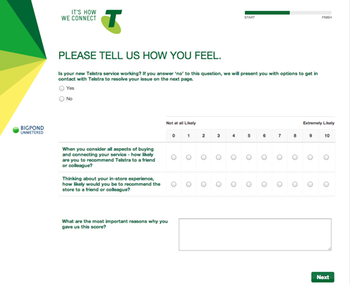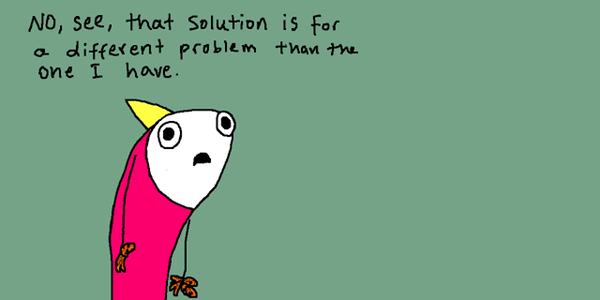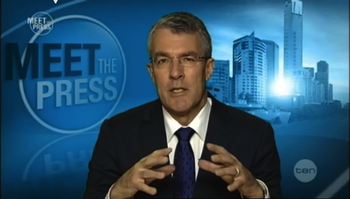 I cringe when people talk about the “train station”. “It’s ‘railway station’, you morons,” screams my brain. Well as it turns out, they’re actually not stupid — at least not for that reason. It’s just another relatively modern shift in language.
I cringe when people talk about the “train station”. “It’s ‘railway station’, you morons,” screams my brain. Well as it turns out, they’re actually not stupid — at least not for that reason. It’s just another relatively modern shift in language.
The chart at the top of the post is a Google Ngram search of their entire English corpus since 1820 — the first public steam railway in the world was the Stockton and Darlington Railway, which opened in 1825 — comparing the usage of “railway station” (blue) versus “railroad station” (red) and “train station” (orange).
You can click through to the full-size chart, or run the search yourself.
As you can see, the most common usage has almost always been “railway station”, with “railroad station” distinctly second-place. A “train station” wasn’t even a thing until the 1950s, but it rose in popularity quite quickly. “Train station” has been the most common usage since the mid-1990s, although it has been declining again since around 2000. I wonder why.
My understanding is that many railway terms derived from the military, because until the railways came along nothing else had been organised on that sort of trans-national and even trans-continental scale except armies. Hence trains have “guards” for their safe operation, and “stations” along the line where staff are stationed to maintain the entire railway system — including fuel, water, trackwork and signalling.
Railway stations are therefore part of a railway’s entire operation, not merely “train stations” for trains to stop at. For me, someone talking about “train stations” is showing their ignorance of how railways work: it’s more than just the trains.
Since I had the Google open in front of me, I thought I’d look at the variations in US versus UK English. It seems that “railroad station” isn’t the dominant American usage that I’d imagined.
Continue reading “Why people who say “train station” sound stupid”



 Is Facebook on the decline? For some reason or other, I ended up talking about that on the radio on Monday afternoon.
Is Facebook on the decline? For some reason or other, I ended up talking about that on the radio on Monday afternoon.